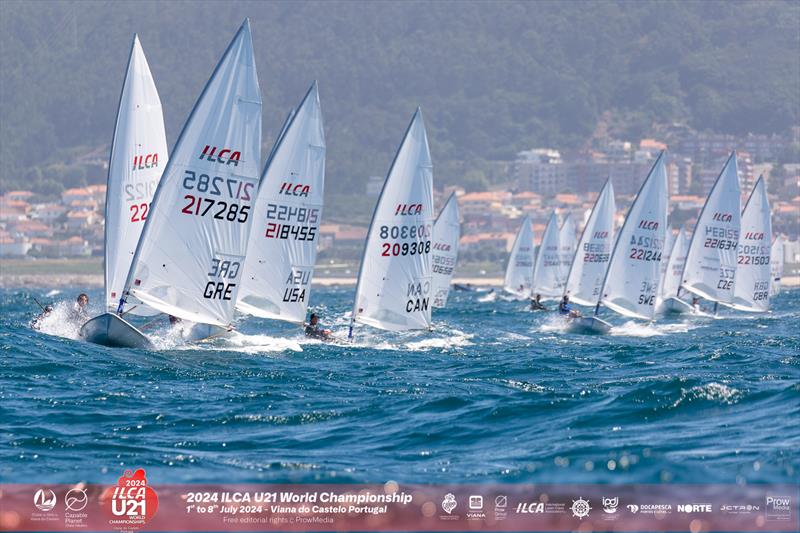After undergoing surgery to remove my thyroid, I am concerned about the possibility of keloid scars. Wound recovery typically occurs in three stages over a period of 3-6 months, with scar formation depending on the level of damage and the healing process. There are various causes of bad scars, including hypertrophic scars and keloid scars, with keloid scars often being caused by physical factors.
It is important to have a balanced diet after thyroid cancer surgery to ensure proper nutrition for the healing process, strengthen the immune system, and prevent infection. Chicken, which is rich in protein, vitamins, and minerals, is beneficial for patients recovering from surgery. While there is no evidence to suggest that eating chicken causes keloid scars, it is important to avoid foods containing iodine if treatment with radioactive iodine is needed.
During the initial recovery period after surgery, it is important to eat soft, easy-to-swallow foods and avoid activities that may put strain on the neck. Patients should also take precautions to prevent hypertrophic scars and limit keloid scars by properly caring for the wound and seeking medical attention if necessary. Following these guidelines can help promote a smooth and successful recovery after thyroid cancer surgery.
Keloid scars are one of the potential risks associated with surgical removal of the thyroid gland due to cancer. Wound healing typically involves three stages that last between three to six months depending on the severity of damage inflicted during surgery. Various factors such as age or genetics can affect how quickly wounds heal.
To prevent bad scarring during this time, it’s essential to maintain a healthy diet that provides nutrients for proper healing and strengthens your immune system. Foods rich in protein such as chicken are particularly helpful as they provide essential vitamins and minerals needed for recovery.
However, if you’re receiving radioactive iodine treatment alongside your surgery, you should avoid consuming foods that contain iodine as it could interact negatively with your treatment plan.
After your initial recovery period has passed – usually around two weeks – you should switch back to regular food while still avoiding any strenuous activities that could put pressure on your neck area.
To minimize any potential scarring issues post-surgery – whether hypertrophic or keloid – it’s crucial to take care of your wound properly by keeping it clean and protected from further damage or friction.
If you start noticing any signs of excessive scarring or discomfort at all times during your recovery process










+ There are no comments
Add yours